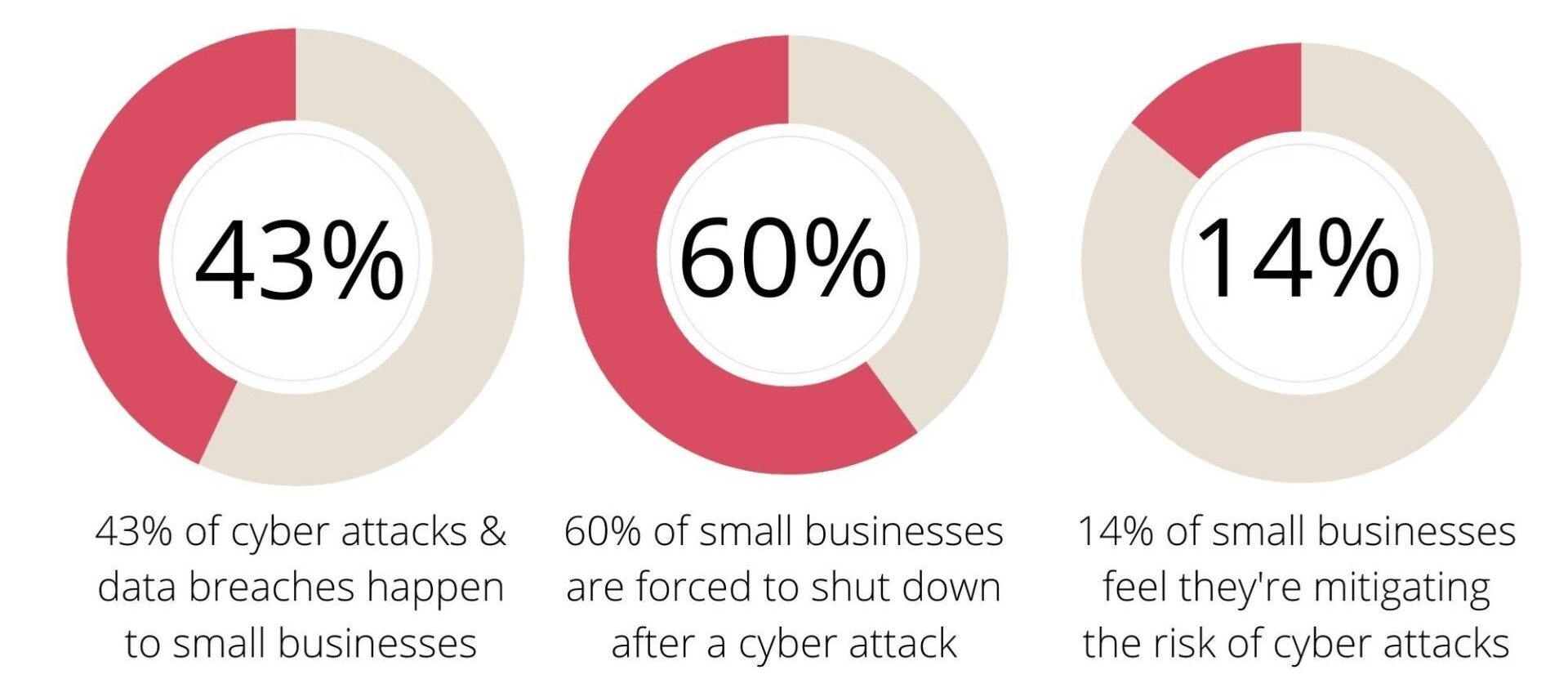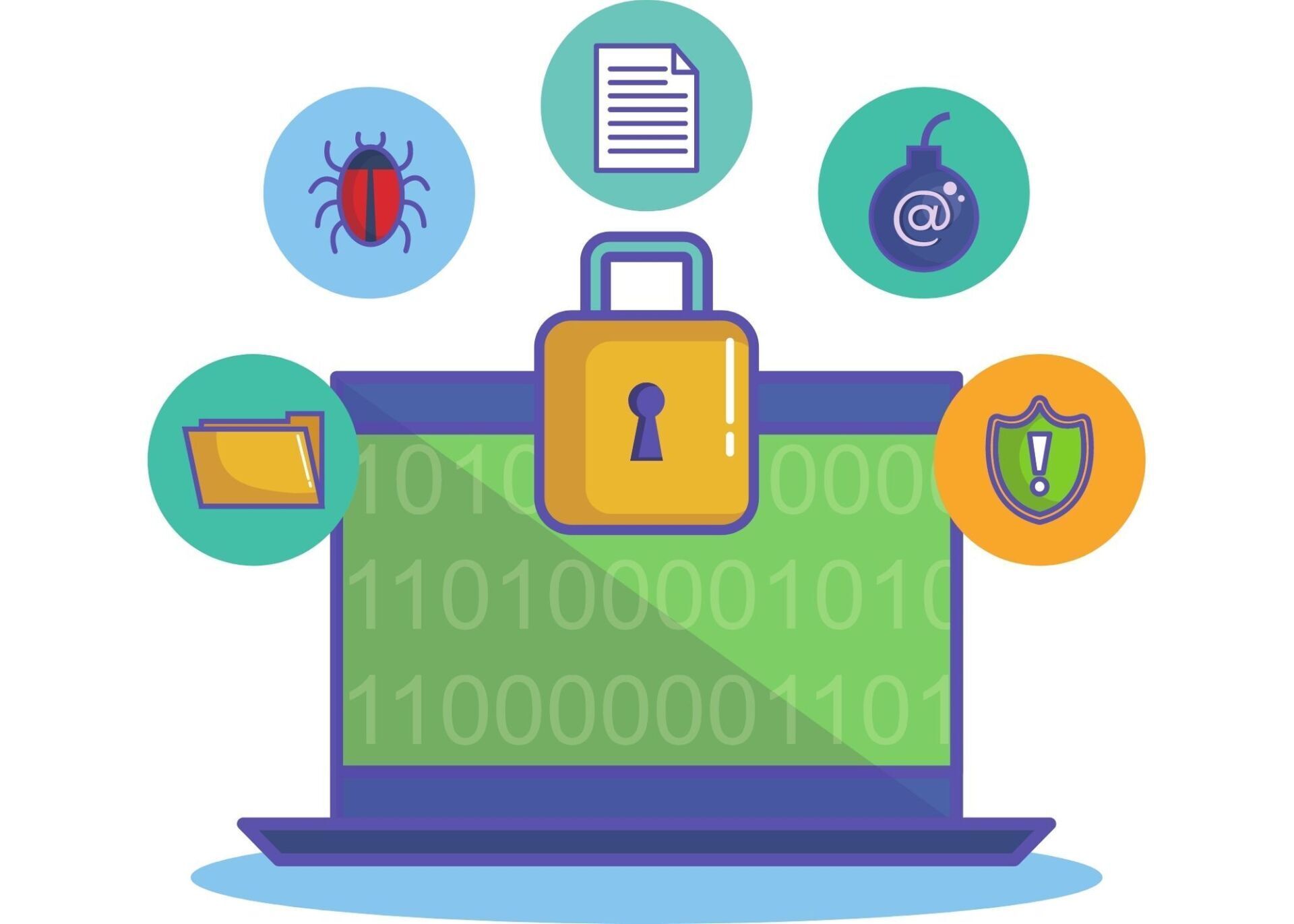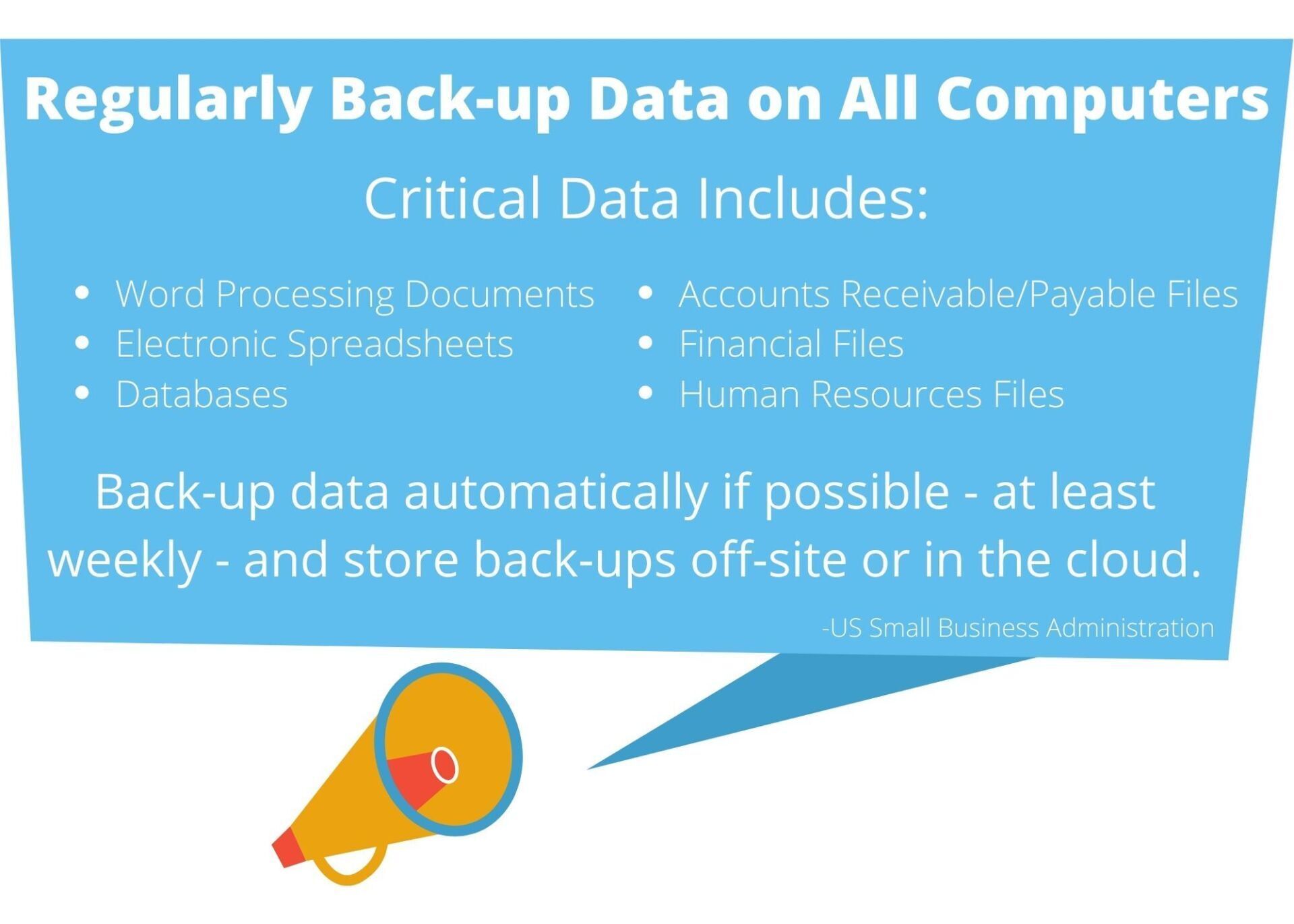5 Must-Follow Cybersecurity Practices for Your Local Business
We've all heard plenty of horror stories about failed cybersecurity, hackers, and stolen personal information. You may have even been caught up in one of these data breaches yourself. These stories crop up in the news now and then, and it’s always a mega-company, like Capital One, Facebook, or Yahoo.
And since the
pandemic began,
cybercrime has increased by 600%.
But despite how it seems, big businesses are
not the only target of cyber attacks. Not even close. Small businesses actually make up
43% of all data breaches. And these aren’t just little e-commerce shops that do business exclusively online. We’re talking local, brick-and-mortar businesses.
The statistics are stark: 60% of small businesses that suffer a cyber attack are forced to shut their doors within 6-months. And only 14% of small businesses feel they’re effectively mitigating the risks of a data breach.
It’s scary, for sure. The financial fallout from a data breach can be devastating, but the effect on your brand could be worse. Companies that managed to stay in business found the damage to their reputation to be irreparable. As a local business owner, cybersecurity is something you can’t ignore.
Fortunately, there are some simple but important steps you can take to reinforce your business’s cybersecurity.
Be Sure Your Tools and Software Are Up-To-Date
Do you often click “remind me later” when one of your applications tells you there's an update available? You’re not alone , most people do this – but it’s not a good idea to put off installing updates.
Though it’s a mild inconvenience, installing the most updated version of any software or application you use is a basic way to protect your business from cyber threats. Often, these updates are focused on increasing security protection based on the newest threats out there.
Think of it like the flu vaccine. Every year, the vaccine is updated to attack the newest strains of the flu virus. Routine updates to your software and applications are like regularly administered flu shots. You could get by without one, but you’re putting yourself at risk.
If you’re not sure about the security of an application you use or if you notice it hasn’t been updated in a while, don’t hesitate to reach out to the developers for support. Software developers, more than anyone, understand the importance of cybersecurity.
Backup Your Data
Even the best systems sometimes fall victim to a security breach. Part of good cybersecurity practices is keeping backup files of your critical business data. Backups should be done regularly and stored somewhere outside of your network. Many businesses choose to use cloud storage for their data backup files.
Backups should be done regularly and should include each piece of data critical to your business. Be sure your backup files are encrypted and test them often. Outdated data won’t help when you're trying to recover from a cyber-attack and corrupted data will be useless.
Train Your Staff
You can implement all the cybersecurity tools you want but if your employees aren’t following best practices for protecting your business, those tools aren’t going to help.
Most importantly, be sure your employees understand their responsibility when it comes to cybersecurity, how a data breach could affect your business, and how to respond in the event of a cyberattack.
In particular, educate your staff about email and its part in cybersecurity. Many people don’t realize email is the most commonly used channel for cyber-attacks. According to a 2018 study, more than
92% of malware attacks
originated through email. This happens because attackers know the easiest targets in any business are the end-users, in other words, your front-line staff.
Most of the time, these attacks are launched by way of an email attachment. A seemingly innocent message comes through with something attached that looks important, like an invoice or legal document. Someone opens the attachment and... the damage is done.
Email security filters can help abate this risk but ultimately, your staff must know how to interact with emails and questionable email attachments.
Change Your Passwords (and Change Them Often)
Last but certainly not least, don’t forgot how important passwords are in the most basic levels of cybersecurity. There are people out there who literally spend their days trying to crack passwords. While someone guessing your Instagram password might not be that big of a deal, someone cracking the password to your company’s server is a disaster.
Ensure you, and your staff, are using adequality strong passwords and changing those passwords frequently.
The stronger your passwords, the harder they are to crack. Here are the rules:
- At least 8 characters—the more characters, the better.
- A mixture of both uppercase and lowercase letters.
- A mixture of letters and numbers.
- Inclusion of at least one special character, e.g. , ! @ # ? ]
Protecting Your Business Starts on the Inside
There are many products on the market that can help protect your small business from cyber-attacks. Depending on your line of business and the data housed in your system, you might want to consider using some of these tools now. But maintaining the integrity of your business and its data starts with you, your team, and an understanding of the importance of cybersecurity.
Get the Latest Content in Your Inbox
Want to be the first to know about new content? Sign up to get our weekly blog posts sent to your email!








